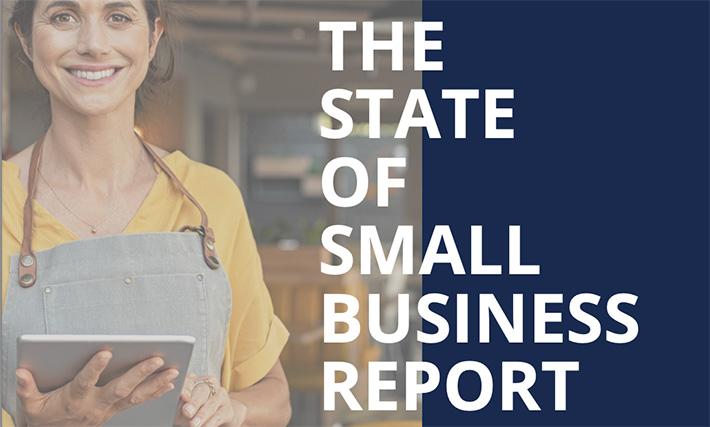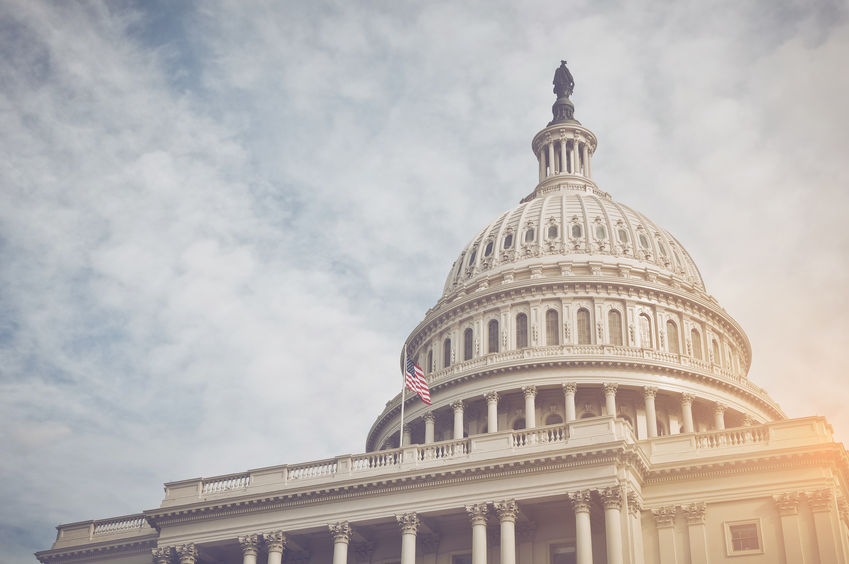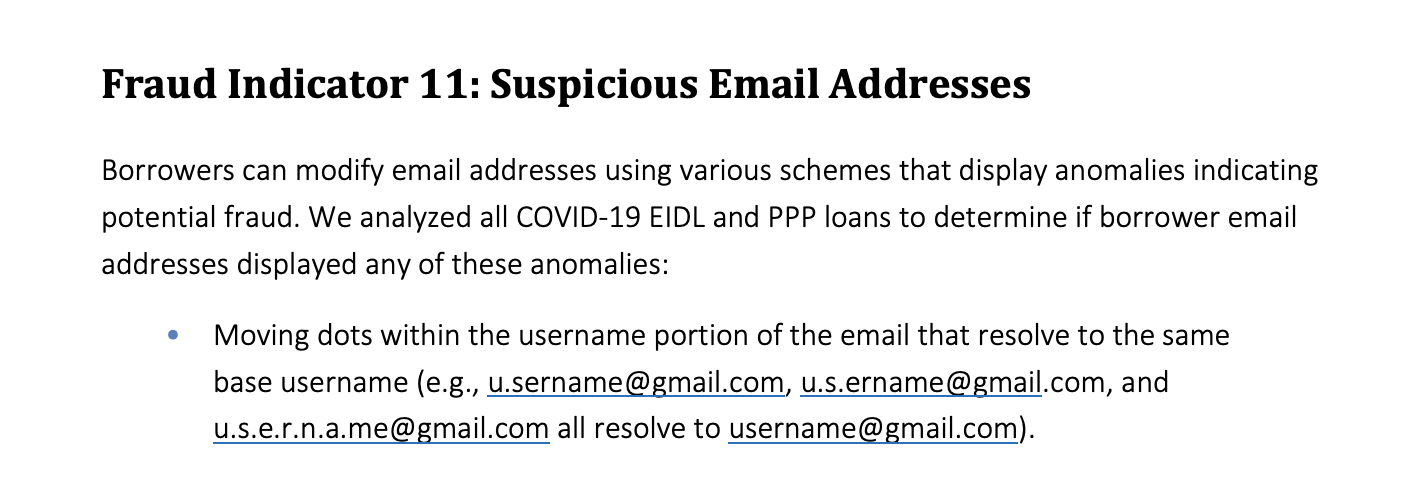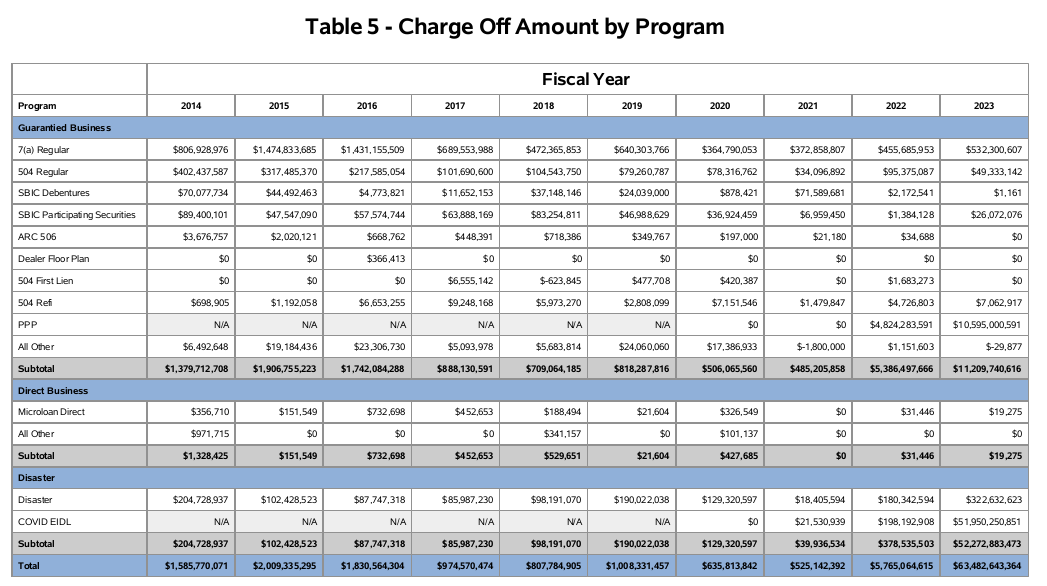Small Business
Intuit: Consumers Expected to Spend 34% Less This Holiday Season
October 21, 2024It’s not all good news with the economy. According to Intuit, a QuickBooks-commissioned survey predicts a 34% drop in consumer holiday spending, an $85 billion decrease from last year.
“Of those who plan to spend less this year, more than 6 in 10 say grocery and gas prices are to blame,” the survey revealed. “Another 4 in 10 say their wages haven’t kept up with inflation over the past year.”
Ironically, small business owners are anticipating the opposite trend. Eighty-two percent of business owners surveyed, for example, said that they expect to earn the same or more revenue in total holiday sales than they did last year. Perhaps they need the optimism. Twenty-three percent of business owners surveyed said that if the holidays are not a success, it will make it a really difficult year. Five percent said they might have to close.
And of the revenue they do earn, the majority said it will just go toward paying down business debt.
Meanwhile, 59% of consumers that plan to shop online plan to do so through a business's website directly.
SBA Direct Lending Plan Not Likely to Happen
June 19, 2024A proposal to allow the SBA to get into the direct lending business appears to have been taken off the table. Originally, the president’s FY 2025 budget plan called for the SBA to get into direct lending “to address gaps in access to small dollar lending.” However, in the budget introduced by The House Committee on Appropriations this week, the Committee added a provision that would prohibit the SBA from “creating, implementing, administering, expanding, or enforcing a direct lending program that was not already in effect on January 1, 2024.” The Committee is chaired by Republican Tom Cole.
Merchants Still Concerned About Inflation, Recession, (and Bird Flu?)
June 12, 2024 Seventy-eight percent of businesses expressed that they are somewhat concerned or very concerned about the cost of goods/inflation right now. The exact same percentage said the same about a possible recession. That’s according to the latest State of Small Business Report compiled by IOU Financial. Interest rates were top of mind too, though not as much as in previous survey periods. For example, while 68% said that they were somewhat concerned or very concerned about interest rates right now, that figure was the lowest recorded since Spring 2022 (at 84%), the first time that survey question was asked. Respondents were right to be concerned at the time since that’s the precise period that rates began to rapidly rise from 0% to the >5% level that they’re currently at.
Seventy-eight percent of businesses expressed that they are somewhat concerned or very concerned about the cost of goods/inflation right now. The exact same percentage said the same about a possible recession. That’s according to the latest State of Small Business Report compiled by IOU Financial. Interest rates were top of mind too, though not as much as in previous survey periods. For example, while 68% said that they were somewhat concerned or very concerned about interest rates right now, that figure was the lowest recorded since Spring 2022 (at 84%), the first time that survey question was asked. Respondents were right to be concerned at the time since that’s the precise period that rates began to rapidly rise from 0% to the >5% level that they’re currently at.
Of the respondents who answered the write-in portion, a little less than half cited access to proper funding as among the biggest challenge to running their business right now and as the reason they are being held back from growing their business. Concerns about being able to hire qualified staff was also cited on several occasions, an issue that has persisted since the bi-annual survey first started asking about it.
Notably, IOU has persistently asked respondents to weigh in on their concerns about public health as a business challenge despite the world largely having moved on from covid already. While it would come as no surprise then that the percentage of respondents that were somewhat concerned or very concerned about public health in Spring 2022 (63%) had dropped in half by Fall 2022 (30%), the percentage has slowly crept upwards ever since. Fifty-one percent of respondents said that they are currently somewhat concerned or very concerned about public health. Since no further questions were asked to elaborate on that selection, one wonders if they were referring to the recent headlines about Bird Flu.
Covid EIDL Charge-Offs Explode, Increase By $52 Billion in FY 2023
February 4, 2024The SBA charged off an extraordinary amount of Covid-era EIDL loans in its FY 2023, hitting $52 billion! That was up from the $220 million charged-off collectively in FY 2021 and 2022. $52 billion equates to 17.2% of the unpaid principal balance, an astonishing percentage considering that most of these loans still have approximately 28 years left on their term. Many borrowers did not even have to start making payments until 2023, thanks to an initial 30-month deferment program followed by an additional 6 month deferment assistance option. The SBA’s FY ended on September 30, 2023 so this does not reflect any loans charged off for the last 3 months of the year.
Per the SBA, “Loans are charged off if SBA determines no additional principal and interest from the borrower will be recovered via the agency.”
The remaining unpaid principal balance on Covid-era EIDL loans is $302 billion. Given that the unpaid principal balance was $358 billion last year, the reduction is almost entirely due to charge-offs rather than borrowers paying down the principal.
PPP loan charge-offs were also up, hitting $10.6 billion in FY 2023, up from $4.8 billion in FY 2022.
The SBA published this data as part of its regular FY reporting on February 2.
Top Industry Execs Attend Small Business Finance Leaders Summit in Washington DC
January 29, 2024 Fifty top C-level executives attended the Small Business Finance Leaders Summit in Washington DC last week to discuss the economy, small business finance, policy issues, regulatory impacts, and industry best practices. Co-hosted by two major trade organizations, the Small Business Finance Association (SBFA) and the Innovative Lending Platform Association (ILPA), it was invite-only and open to members of both.
Fifty top C-level executives attended the Small Business Finance Leaders Summit in Washington DC last week to discuss the economy, small business finance, policy issues, regulatory impacts, and industry best practices. Co-hosted by two major trade organizations, the Small Business Finance Association (SBFA) and the Innovative Lending Platform Association (ILPA), it was invite-only and open to members of both.
Speakers included US Senator Roger Marshall, Tom Sullivan from the US Chamber of Commerce, Holly Wade from the National Federation of Independent Business, Aaron Klein from Brookings, Will Tumulty from Rapid Finance, Justin Bakes from Forward Financing, Kirk Chartier from OnDeck, and Steve Allocca from Funding Circle, among others.
“As our industry matures, it’s important to provide industry leaders with an opportunity to connect and engage with high-level thought leaders,” said Steve Denis, Executive Director of the SBFA. “We believe our C-level Summit complements the Broker Fair and other industry conferences like Money 20/20 or Nexus. We hope to expand our Summit in June to bring in some new industry voices and will continue to focus on high-end content that is meaningful and strategic for our members and other top industry leaders.”
The organizations are planning another Summit in early June to build upon the success.
When Funding Gets Personal
November 16, 2023 “We’re excited to have the opportunity to fund within the community, and then go visit, help them grow their business and everything like that…” said Benjamin Lieff, Chief Revenue Officer of Capital Gurus.
“We’re excited to have the opportunity to fund within the community, and then go visit, help them grow their business and everything like that…” said Benjamin Lieff, Chief Revenue Officer of Capital Gurus.
For an industry that has a reputation for being online, funding relationships can become quite personal. Lieff, for example, previously helped a couple with securing a lease to open a barcade in North Hollywood, California and then also did whatever he could to get them through to their grand opening including work to get their liquor license. Now, they’re actually friends.
“Not only was I able to go visit during the construction process and them opening this location but whenever I’m back in Los Angeles, I always go spend some time with him and his wife,” said Lieff. “I went to the opening party and anybody who talks to me, and they’re looking for that type of business, I always lead them there and they’re actually really blowing up. And I’m really happy to see them. I’m constantly cheering them on.”
For Funding Circle US, having an office in the big city of Denver means that some of their borrowers are coincidentally located right in their neighborhood. It’s fairly common for them to be customers of these businesses as well and they’ve actually used some for in-office catering.
“One of our favorites in Denver is called Whittier cafe. And it’s Denver’s only African espresso bar,” said Kristal Bergfield, General Manager of Strategic Partnerships at Funding Circle. The store has even been featured on Funding Circle’s TikTok.
As for Claude Darmony, President at WeFund in the Fort Lauderdale area, he knew one business quite well before the funding started.
“He was just a mechanic shop, I gave him the funds to start building gas stations next to it,” said Darmony. “It was a good friend of mine.”
While still having to go through the normal underwiting process, Darmony got to attend the grand opening after the deal went through. “It was nice,” he said.
What’s In Your Cup?
August 8, 2023 “I like cold brew coffee with an extra 3 shots of espresso and 2 packets of stevia to get the day started,” said Brin Richardson, Sales Development Team Lead at Banana Exchange.
“I like cold brew coffee with an extra 3 shots of espresso and 2 packets of stevia to get the day started,” said Brin Richardson, Sales Development Team Lead at Banana Exchange.
Everyone has their own unique routine that helps them power through the workday. For some, it might be caffeine.
“I think coffee, for me personally, it definitely gives me the energy I need in the morning,” said Nicolette DiAntonio, Head of ISO Relations at Lexington Capital Holdings. “First thing when I wake up I put the pot of coffee on at home. I get to work I make my second cup…”
From there it’s another 1-2 cups throughout the day for her, which she said is still less than what the company CEO drinks. “It boosts my energy, my productivity and everything like that,” she said.
“I’m like an every hour on the hour type of guy,” said Frankie DiAntonio, the CEO at Lexington Capital Holdings. “Typically, like 6,7,8,9 o’clock and then I’m going for the rest of the day. And then I might have one more in the afternoon to get me through the rest.”
That’s about 5 cups a day for him on average. “Moral of the story, we love it over here,” Frankie said. “Lexington runs on coffee.”
Brandon Schadek, Director of Sales at Leads to Business said he’s definitely more productive when he has caffeine in him. “I just tend to be more alert and more on top of things but when I don’t have it, I feel like I’m lacking that extra energy.”
Unsurprisingly, coffee is his beverage of choice for that. “First thing in the morning, I have a Keurig and I use French Roast from Starbucks,” said Schadek. “That’s what I use for the coffee and then I definitely have I would say about two teaspoons of creamer, it’s caramel macchiato. […] And I have that every day to start my day.”
But caffeine isn’t for everyone. Ryan Metcalf, Head of Public Affairs for Funding Circle US, told deBanked that he really enjoys drinking Diet Coke, though not for the caffeine content of it.
“I love the taste of it. I like the coldness of it,” Metcalf said. Although Diet Coke has more caffeine than regular Coke, he feels that too much caffeine on a whole can actually impede one’s productivity rather than increase it. As such, he limits himself to two Diet Cokes per day and only enjoys them between the hours of noon and five pm.
“The king of all Diet Cokes is a fountain Diet Coke from McDonald’s,” Metcalf said. “There is nothing better.”
Loan Scammers Play With Email Dots
June 28, 2023 Did you know if you send an email to myname@gmail.com or my.name@gmail.com or myna.me@gmail.com, they would all go to the same place? Scammers do. In a recent bombshell report published by the SBA and OIG, $200 billion in PPP/EIDL fraud was accomplished through a number of common techniques, one of which appears to be through the manipulation of email addresses.
Did you know if you send an email to myname@gmail.com or my.name@gmail.com or myna.me@gmail.com, they would all go to the same place? Scammers do. In a recent bombshell report published by the SBA and OIG, $200 billion in PPP/EIDL fraud was accomplished through a number of common techniques, one of which appears to be through the manipulation of email addresses.

Some mail servers, including Gmail’s for example, ignore the dots, a feature likely built in because periods are commonly used as concatenation operators to join two strings in programming. Reader’s Digest recently called this “The Gmail Trick That’s Been Around for 15 Years—But Few People Know About It.”
“Any combination of your e-mail address and those little dots is sent to the exact same inbox. You own all dotted versions of your address,” RD wrote.
The implications of this, however, are that scammers can potentially bypass systems that rely on e-mail addresses as a primary form of verification or identity. Both scammer@gmail.com and scam.mer@gmail.com could have separate accounts in one system even though it’s the same email address. This method is useful to scammers because they do not have to register additional gmail accounts, which could potentially trigger additional unnecessary verifications or reviews from Google for suspicious activity. Instead, they can rely on the single account.
Furthermore, the SBA report said that aliases or email forwarding or disposable email addresses are also used in fraud and are a fraud indicator.
“Using an alias technique to add an extension to an existing email address through use of a dash (-) or plus (+) that resolve to the same email (e.g., username-123@gmail.com or username+bob@gmail.com both resolve to username@gmail.com)” was something that the SBA analyzed in its fraud investigation. “Using a disposable email service to remain anonymous by receiving emails at a temporary address that may self-destruct after a certain time elapses” is another technique that was examined.
Is your system checking for dots in gmail addresses? If they weren’t before, they should now!






























